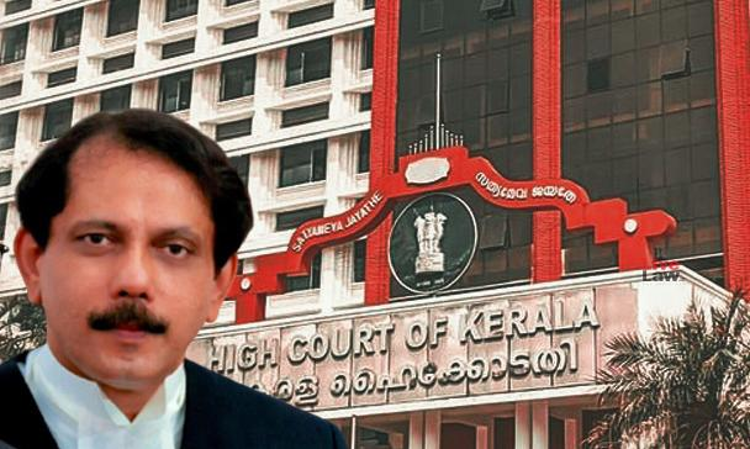Lawyer's Default Sufficient Cause To Condone Delay In The Absence Of Willful Negligence On Litigant's Part: Kerala High Court
Athira Prasad
1 Aug 2022 9:48 PM IST

An innocent party who has done everything in his power should not suffer for the inaction or deliberate omission of his counsel.
Next Story


